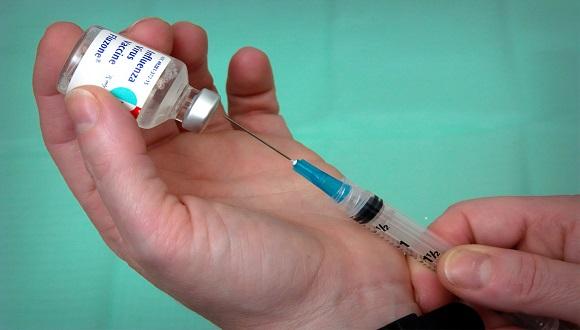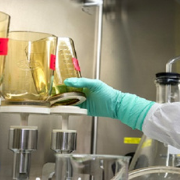Vaccines
Immunization of laboratory staff and students includes precautions to protect them from laboratory- acquired infections
Immunization should never be regarded as a substitute for good laboratory practice, it does provide additional protection. Staff who work mainly with clinical specimens from human or animal sources may be exposed to a variety of infections, while staff who mainly work with specific pathogens are only likely to be exposed to those pathogens handled in their laboratory.
Selected vaccines and recommendation of the Safety Unit
|
Vaccine |
Worker |
Vaccination standard |
|---|---|---|
|
Hepatitis B |
Laboratory researchers (body fluids, human biological material, human cells) Technicians/Veterinarians in Animal Facilities (working with body fluids, human biological material, human cells) Technicians in Dentistry Clinics
|
3 doses: time 0, boost 1 month, boost 6 months
|
|
Tetanus / Diphtheria toxin
|
Technicians/Veterinarians in Animal Facilities Researchers with soil and water All workers
|
1 dose every 10 years If injury: to get a new dose within 48 hours
|
|
Rabies
|
Veterinarians / Technicians working with the virus
|
4 doses: time 0, boost 3, 7, 14 days after a bite
|
|
Hepatitis A / Polio
|
Researchers with treated waste water
|
|




